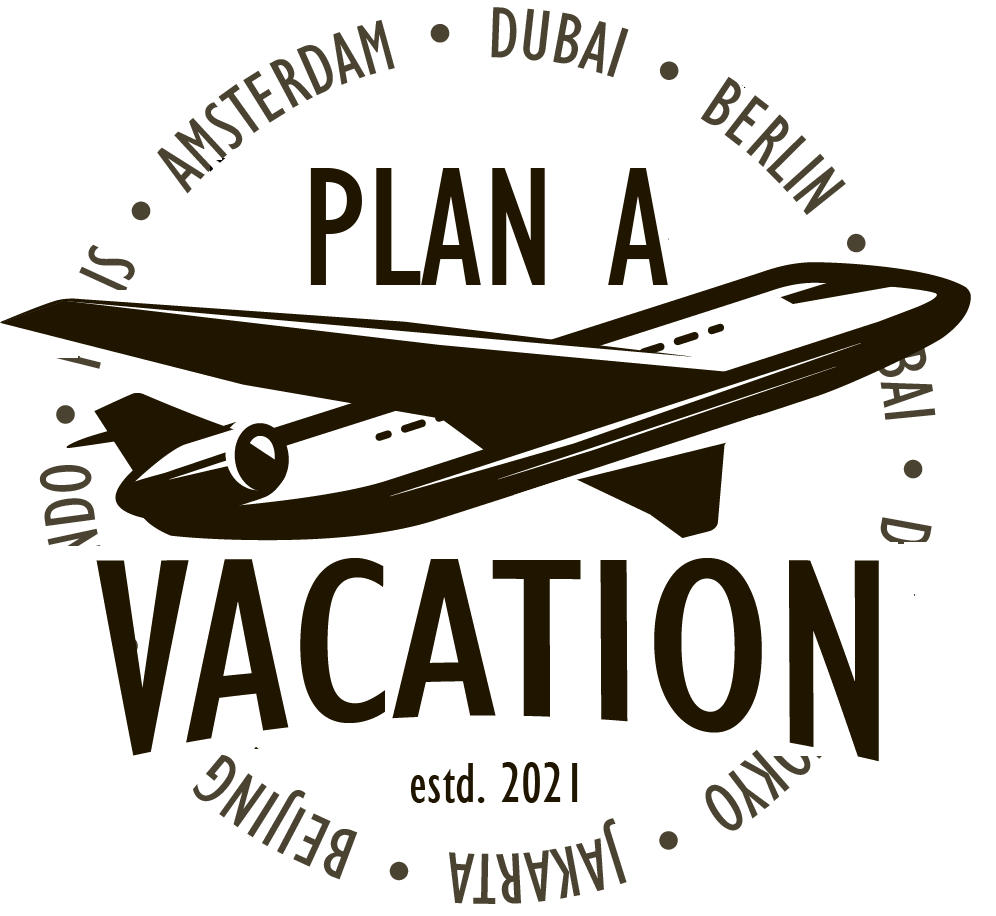China
Overview
China is a unique nation, in that it not only has an incredibly long history of playing a role in the politics of Asia but it is also a recently-emerged superpower. Though long the center of trade, culture, and commerce in Asia, the twentieth century saw China ascendant as a major player on the world stage.
The China of today owes a great debt to the China of the past. It is a thoroughly modern nation that owes as much to nineteenth and twentieth-century thought as is it does the rich history from which the modern nation emerged.
Search for Flights
Do Some Light Reading
Quick Facts about China
- Despite its vast size, China has only one time zone.
- Toilet paper was initially invented in China, though it was reserved for imperial use.
- The earliest earthquake-detecting devices were created in China around 130 A.D.
- The Chinese calendar is the oldest calendar system still in use in the world.
- The name China comes from the Qin dynasty, which ruled China from the 2nd century B.C. until the 20th century A.D.
Borders
China is a large country and nowhere is that more reflected than in its borders. In fact, China borders fourteen different nations - tying it for the most in the world. To the north, China borders both Mongolia and Russia. To the east, it borders North Korea.
China borders Vietnam, Laos, and Bhutan to the south. To the west, it borders India, Tajikistan, Kyrgyzstan, Kazakhstan, and Afghanistan. It also has disputed borders with Nepal and Myanmar.
Area
Strictly defined by land area, China is the second-largest country in the world and the fourth-largest country in the world by total area. The total area is around 3,700,000 square miles, with the longest combined continental land borders of any country in the world.
Government
The Chinese government is best characterized by the concept of democratic centrism. The Chinese Communist Party holds the executive and legislative power in the country, though the National People's Congress is elected and policies are discussed within that body. With that said, there is an expectation in China that a unified front should be maintained after debates on the policy are done.
China's head of state is the President, a position that has little actual power. The real executive power lies in the Premier, who is the head of the State Council. China is further divided into a number of smaller administrative groups - twenty-two provinces, five autonomous regions, and two semi-autonomous special administrative districts.
Book Popular Tours
Frequently Asked Questions
What languages are spoken in China?
There are almost three hundred languages spoken in China. The vast majority of the people in China speak one of several dialects of Chinese, with Mandarin being by far the most popular. In fact, Standard Chinese - a variety of Mandarin - is the official spoken language of the country.
The language spoken by citizens varies greatly depending on where they live, with provinces and special regions often having dominant dialects or languages. The most commonly spoken foreign language in China is English.
What is the climate like?
China's size definitely leads to a wide variety of weather. North China, for example, tends to have cold, dry winters and hot, humid summers. Southern China, on the other hand, has a monsoon season during the summer and is a frequent target of typhoons.
Western China varies even more, with both large swathes of desert and high mountains. In fact, western China is a land of temperature extremes, with temperatures in the winter dropping to twelve degrees Fahrenheit and rising to ninety-one degrees Fahrenheit in the summer.
What currencies are commonly accepted?
The Chinese Yuan is the currency of China.
What is the population of China?
The population of China is almost 1.4 Billion.
What is the capital?
The capital of Canada is Beijing. Beijing is located in the far northeastern part of the country, near the border of North Korea.
What is the time in Beijing?
00:26:20, 04/16/2025
